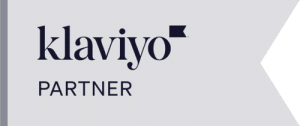As we approach our first year back in the office next month, post-COVID, it’s got us reflecting on some outdated mindsets that still seem to hang around. One of the most annoying? The belief that working from home somehow means you’re not as productive. It’s an attitude that feels completely out of touch with the way we work today. The idea that being physically in the office is the only way to get things done just doesn’t hold up anymore.
For us, we’ve embraced a hybrid model – we work from home two days a week, sometimes more. And I’ll be honest: we’re so much more productive when we’re working remotely. And no one can convince me otherwise.
At a time when so many agencies are pushing for staff to return to the office full-time, we’re quite content with our set-up – three days a week in the office and the rest working from home. This balance works. Let’s break down why.
Productivity: The reality vs. the myth
Let’s address the elephant in the room: productivity. The old notion that being physically present in an office equals more productivity has been debunked time and time again. In fact, studies have shown that remote workers are often more productive than their office-based counterparts. According to research from Stanford University, remote employees saw a 13% improvement in performance compared to those who worked in the office full-time .
Why? Fewer distractions, no commute, and more control over your own schedule. When we’re working from home, we can focus without the constant interruptions that come with office life – the impromptu meetings, the casual chit-chat, the distractions that break up our workflow. Remote work gives us the chance to manage our time more effectively, leading to better outcomes for both the business and our individual careers.
In short, productivity isn’t about where you work; it’s about how you work. And for us, home is where the productivity is.
Flexibility equals inclusivity
One of the most significant benefits of embracing flexible work is how inclusive it is. Remote and hybrid working models open doors for people who might otherwise struggle in a traditional office environment.
- Neurodivergent individuals often find the hustle and bustle of an office overwhelming. Being able to create a comfortable, calm space at home allows them to focus in a way that suits their needs.
- Working parents benefit massively from the flexibility to juggle family life with work. With no need to commute, they can spend more quality time with their children while still being just as (if not more) productive.
- Those managing chronic conditions also thrive with this flexibility. Take endometriosis (picking this as I suffered from it), for example – a condition that can be utterly debilitating. On difficult days, the option to work from home in comfortable clothes, with a hot water bottle nearby, can make a world of difference.
Flexibility in where and how we work isn’t just a perk; it’s a necessity for building a more inclusive and supportive working environment. Companies that embrace this are more likely to retain talent and create a happier, healthier workforce.
Why pre-2020 office life belongs in the history books
When we look back at photos of our office pre-2020, it almost feels surreal. We used to come into the office five days a week without even questioning it. Five. Days. Per. Week. It’s hard to imagine now.
Before COVID, remote work wasn’t widely accepted, despite the fact that many industries could easily adapt to it. We always worked from home on a Friday – how ahead of the times were we! But the pandemic forced businesses to reconsider how they operated, and for many of us, it became clear that a five-day office week was unnecessary.
Our industry, in particular, is one that can pull off a work-from-home model effortlessly. And the beauty of it? We’ve learned that less is often more. Having the option to work remotely has transformed the way we work, and we’re not looking back.
That’s not to say we don’t enjoy our time in the office. We’ve recently moved into beautiful new offices in Jennymount, Belfast, with free parking and an easy commute for staff from across Northern Ireland. It’s a fantastic space to collaborate, brainstorm, and catch up face-to-face. But we don’t need to be there every day to stay productive.
A hybrid approach: The sweet spot
Our current hybrid model, with three days in the office per week, strikes the perfect balance between maintaining team camaraderie and giving everyone the flexibility to work in the environment that suits them best.
Coming into the office a few times a week allows us to have in-person meetings, plan strategies, and keep that all-important team spirit alive. But the freedom to work from home for the majority of the month means we’re able to avoid the burnout that comes with long commutes and rigid office hours.
While some agencies are pushing for a full return to the office, we’ve found what works best for us. We’re happy, we’re productive, and most importantly, we’ve achieved a work-life balance that suits everyone.
Why the office isn’t always the answer
So, why do some people still insist on the return of the five-day office week? It’s largely down to old habits and the outdated belief that if you can’t see someone working, they must not be working. But that mentality belongs in the past.
Modern research continues to prove the benefits of flexible working. A 2021 study by the UK’s Office for National Statistics found that 85% of people working from home during the pandemic wanted to continue with a “hybrid” approach of both office and home working . The evidence is clear: people are happier and more productive when they have the freedom to choose where they work.
At the end of the day, it’s results that matter – not the number of hours someone sits at a desk in an office. The future of work is flexible, and businesses that fail to recognise this risk falling behind.
Embracing the perks of WFH
Of course, working from home isn’t just about productivity. It’s also about the small things that make life a little bit sweeter. Our team has embraced these perks wholeheartedly:
- Meghan: “I love being able to step outside into my garden for a quick break. The garden is my little sanctuary during the workday.”
- Donna: “The flexibility to start my day at my own pace is a game-changer. Some days I’m up early and ready to go; others, I ease into the day a bit slower.”
- Chloe: “I’m saving so much money on lunches! Plus, I get to cook something fresh at home, which is way healthier than eating out every day.”
- Laura: “Working from home has completely changed the way I approach my day. The flexibility allows me to focus without distractions, and honestly, I feel more productive and in control of my time than ever before.”
These little comforts add up to a better working experience overall. It’s the balance between the flexibility of home and the structure of the office that makes our hybrid model work so well.
The future Is flexible
As we move forward, it’s clear that the future of work isn’t tied to a desk in an office five days a week. Flexibility is here to stay, and we’re all the better for it. Whether it’s the increased productivity, the inclusivity, or the improved quality of life, remote and hybrid working models are reshaping the way we approach work for the better.
So, as we celebrate our first year back in the office post-COVID, we’re not looking back with nostalgia for the old ways. Instead, we’re embracing the flexibility of our hybrid model and looking forward to many more years of working in a way that suits us best.
And to anyone still clinging to the old-school belief that remote work means slacking off? I’ll just say this: the proof is in the productivity.



